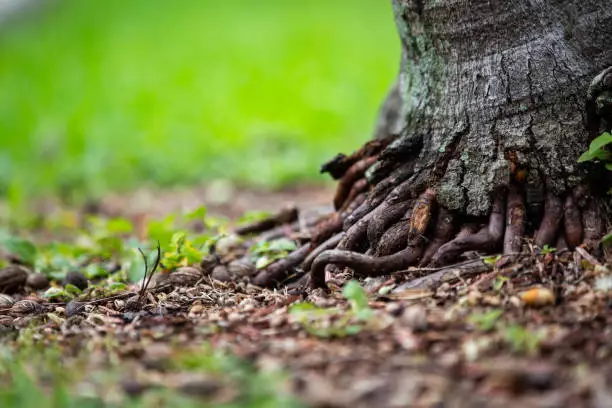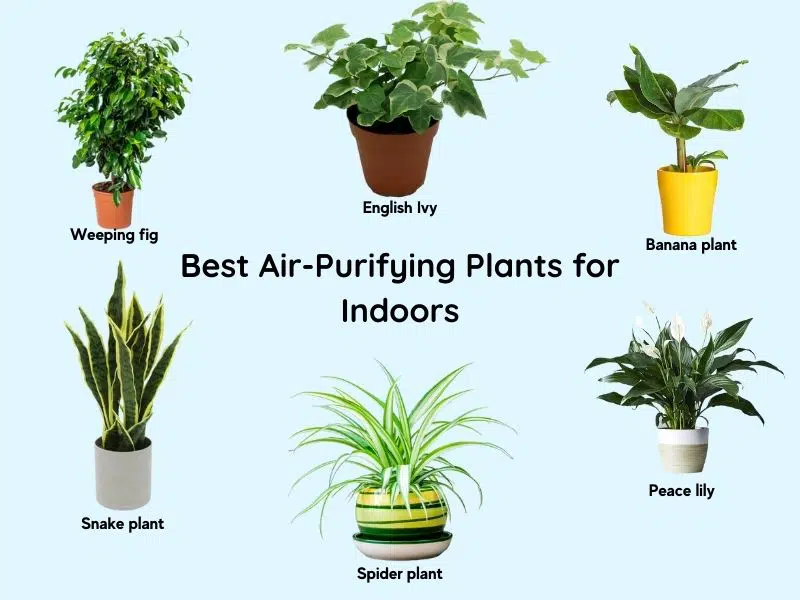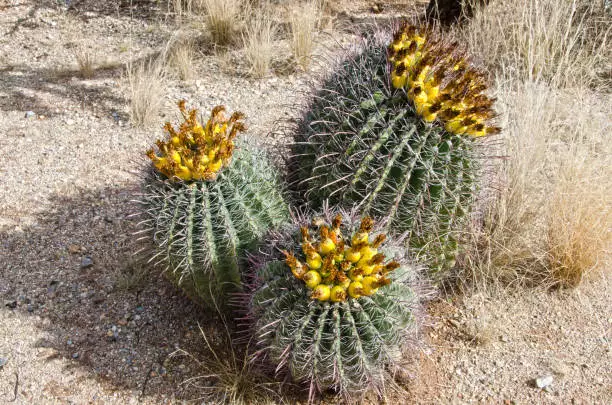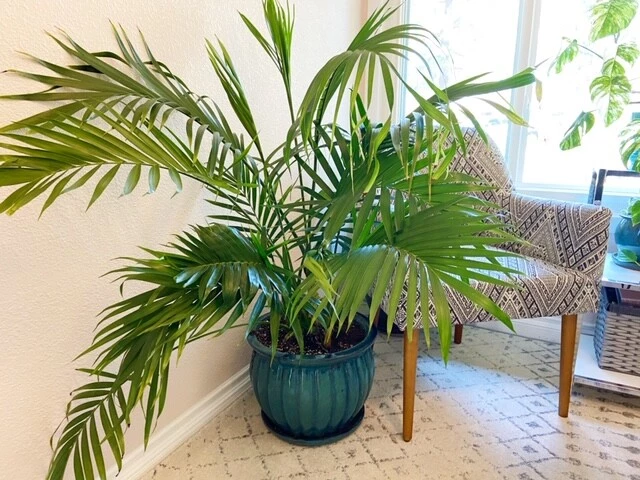Aphids infest plants in colonies and can cause severe symptoms such as stunted growth, curling leaves, leaf mottling, and yellowing. These pests feed on both indoor and outdoor plants leaving a sticky black substance on leaves, stems, and buds. If your plants are infested, you can get rid of aphids with a simple natural remedy – vinegar spray.
Mix white vinegar with water in a ratio of 1:3 to make a vinegar solution. Pour it into your garden sprayer and spray the infested plants, covering the undersides of leaves and stems where aphids like to hide. Repeat this vinegar natural aphid spray after a week to get rid of the pests completely.
Although you can use other natural aphid control pesticides such as Neem oil spray to treat your plants, if you have vinegar in your kitchen, it will be enough a great homemade aphid spray to fix the problem.
Make sure to check out the precautions of this pest solution discussed below in this article.
Does vinegar get rid of aphids?
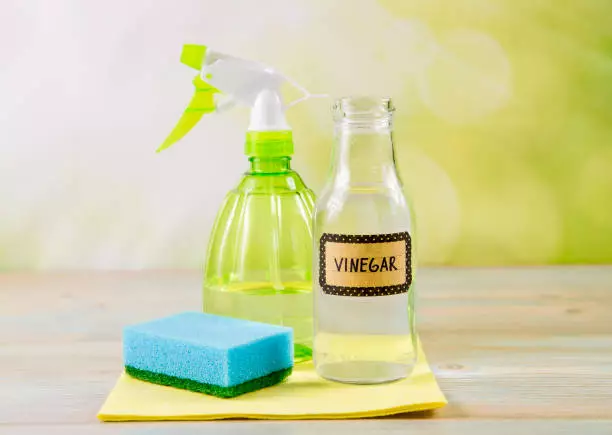
Vinegar kills aphids by working as a natural contact pesticide that burns them to death. The solution contains acetic acid and water that when sprayed on an infested plant will help control the aphids. It works by clogging up the pores through which the aphids breathe.
Since it’s a biopesticide (it is not chemically processed), vinegar is a much safer natural pest alternative to chemical pesticides.
How to use vinegar as a natural aphid spray
Aphids are slow-moving green/black-colored insects that like to invade garden plants such as hibiscus and pothos, small trees, and kales, causing extensive damage to stems, leaves, and buds. Once you identify these pests, you can now apply a vinegar solution as an aphid killer.
RELATED: HOW TO GET RID OF APHIDS ON HIBISCUS
Here’s how to make a natural homemade aphid spray with vinegar:
- Pour 1 oz of vinegar into a small bucket.
- Add 3 oz of distilled water into the bucket.
- Stir to mix the two ingredients to make a vinegar solution.
- Pour the solution into your garden spray pump.
- Spray the aphids on the infested plants to kill them.
- Repeat this treatment after one week to get rid of any remaining pests.
I use and recommend the Istill Garden PressureSprayer Pump for your gardening tasks. It produces variable jets and mists with great coverage; so getting rid of aphids, thrips, and mealybugs will be easy.
Caution: Dilute vinegar to make sure it does not desiccate and cause injury to your plants. Using vinegar at a high concentration is likely to cause browning on leaves and even stun the plant.
It’s best to spray a very dilute vinegar solution a few times to get rid of aphids and other pests on your plants than to use a concentrated solution that will cause harm to your plant.
Alternative ways to control aphids naturally
Some plants are sensitive to the acidity of vinegar. That’s why vinegar may not be ideal for all aphid infestations. You can try the following natural alternatives to get rid of aphids on your plants.
Vinegar + castile soap recipe
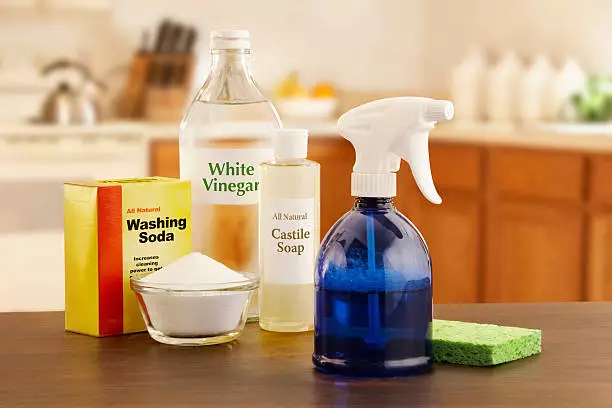
While vinegar by itself is already strong enough to kill aphids, you can make an even more powerful vinegar-based pesticide recipe by combining it with castile soap. The soap contains strong chemical compounds that can also kill aphids.
Here’s how to make a vinegar aphid pesticide with castile soap:
- Mix a spoonful of castile soap with a gallon of water in a bucket.
- Add a spoonful of white vinegar into the bucket and stir up the mixture.
- Transfer the solution into your garden spraying container.
- Spray the vinegar solution onto the aphids on the affected foliage.
- Rinse off excess castile soap from the plants with water from a garden hose.
Aphids like to hide on the underside of the leaves, so that’s where you should target when spraying the natural vinegar solution to kill as many of them as possible.
Dislodge aphids with water
On outdoor and indoor trees and plants, you can also dislodge aphids using water at high pressure. Simply direct water from a garden hose onto the stems, and leaves that are infested with aphids to dislodge them.
On the ground, aphids take long to climb up the plant and can easily die in the process or get preyed on by predators such as ants and spiders.
Sometimes spraying the plants with water will dislodge the aphids off the plants, but they can back. A more permanent solution is chemical pesticides, but these have the potential to harm the handler, the environment, and the soil.
Dust plants with diatomaceous earth
Diatomaceous earth is a great insect killer for gardens, lawns, and indoor plants. It is great at killing insects such as thrips, mealy bugs, and aphids.
To kill aphids, dust the infested plants with diatomaceous earth, covering all the surfaces to ensure they come into contact with the natural pesticide. The insects will fall off and die within 10-12 hours.
Safety and mixing ratio
White vinegar is great for killing plant insect pests such as aphids, it can be dangerous if not used properly.
Never spray undiluted apple cider vinegar directly onto your garden plants. Derived from fermented apple juice, the acidic substance could prove harmful to your plants’ foliage when used in excess.
Dilute vinegar with water in a 1:3 ratio to create an apple cider vinegar solution. It’s this solution that you can safely spray onto your plants. And even then- you should still take care, not to overspray or spray too often.
If the aphid infestation is on your indoor plants, you’ll want to spray the vinegar solution on their trails as well, to prevent them from coming back. You can typically spot such ant trails in window areas, baseboards, and near doors.
Precautions when using vinegar
When using apple cider vinegar solution to get rid of aphids on your garden plants, ensure to initially test the plants’ reaction to the solution, as some garden plants are highly sensitive to its acidity.
To do this effectively, only spray a small part of the affected foliage with a minimal amount of the solution and observe how the foliage reacts. If there’s no damage, you can proceed to spray all of the affected plants.
Vinegar- as a natural aphid-killer- is an environmentally safe alternative to commercial pesticides that harbor toxic chemicals. What’s more, unlike chemical-based pesticides, there’s no risk of chemical burns should they accidentally come into contact with your skin. Finally, vinegar-based pesticides have a less-irritating smell compared to the unbearable odor that comes with chemical-based pesticides.
